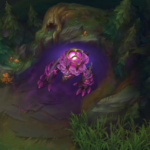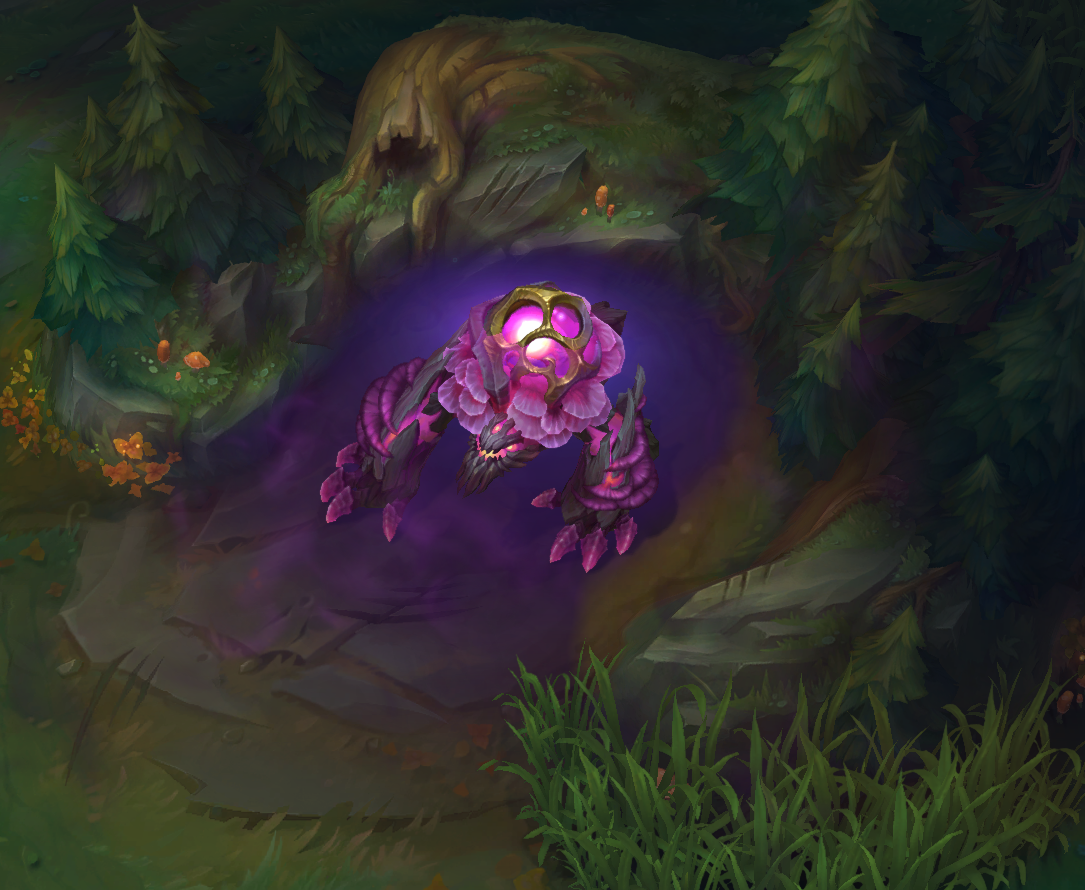Welcome to “Fantasy Folklore: Exploring the Cultural Influences of Game Lore,” a fascinating journey into the rich tapestry of myths, legends, and cultural traditions that shape the fantastical worlds of gaming. In this exploration, we’ll delve into the diverse array of cultural influences that inspire game developers, from ancient mythology and folklore to modern literature and pop culture. Join us as we uncover the hidden depths of game lore and discover the fascinating connections between gaming and global cultural heritage.

Prelude: The Power of Cultural Influence in Gaming
Cultural influence plays a vital role in shaping the worlds, characters, and narratives of gaming, enriching experiences with depth, authenticity, and meaning. In this section, we’ll explore the significance of cultural influence in gaming and how it manifests in the diverse array of gaming worlds and narratives that captivate players around the world.
Mythology and Folklore
Ancient Legends
In this section, we’ll journey into the realm of ancient mythology and folklore, where gods, monsters, and heroes come to life in vibrant detail. From the heroic sagas of Norse mythology to the epic tales of Greek and Roman gods, these ancient legends provide a rich tapestry of inspiration for game developers seeking to craft immersive and compelling gaming experiences.
Norse Mythology
Norse mythology has long been a popular source of inspiration for game developers, with its richly imagined worlds and larger-than-life characters capturing the imaginations of gamers around the world. Games like God of War and Valheim draw upon Norse mythology to create immersive gaming experiences filled with epic quests, mighty warriors, and fearsome monsters, inviting players to embark on adventures across the nine realms and beyond.
Greek and Roman Mythology
The myths and legends of ancient Greece and Rome have also left an indelible mark on gaming, inspiring countless games that explore the epic tales of gods, heroes, and monsters from classical antiquity. Games like Assassin’s Creed Odyssey and Hades draw upon Greek and Roman mythology to create immersive worlds filled with intrigue, adventure, and mythic drama, inviting players to step into the sandals of legendary figures like Odysseus, Perseus, and Hercules as they battle gods, slay monsters, and shape the course of history.
Cultural Traditions
Folklore and Fairy Tales
In this section, we’ll delve into the world of folklore and fairy tales, where ancient traditions and cultural customs come to life in vibrant detail. From the enchanted forests of European folklore to the mythical creatures of Asian mythology, these cultural traditions provide a wealth of inspiration for game developers seeking to craft immersive and captivating gaming experiences that draw upon the rich tapestry of human storytelling.
European Folklore
European folklore is a rich and diverse tapestry of traditions, myths, and legends that have been passed down through generations. Games like The Witcher series and Brothers: A Tale of Two Sons draw upon European folklore to create immersive worlds filled with magical creatures, ancient curses, and epic quests, inviting players to explore the dark forests, haunted castles, and mist-shrouded villages that populate these fantastical realms.
Asian Mythology
Asian mythology is equally rich and diverse, with a wealth of traditions, legends, and folklore that have inspired countless games across genres and platforms. Games like Okami and Ghost of Tsushima draw upon Japanese mythology to create immersive gaming experiences filled with samurai warriors, supernatural creatures, and ancient spirits, inviting players to journey through the mythical landscapes of feudal Japan and beyond.
Literary Inspirations
Classic Literature
In this section, we’ll explore the world of classic literature, where timeless tales and iconic characters come to life in the pages of books and novels. From the epic poems of Homer and Virgil to the Gothic horror of Mary Shelley and Edgar Allan Poe, classic literature provides a rich source of inspiration for game developers seeking to craft immersive and emotionally resonant gaming experiences that explore the depths of human imagination and creativity.
Mythic Epics
The mythic epics of ancient literature have inspired countless games that explore the timeless themes of heroism, sacrifice, and redemption. Games like Dante’s Inferno and Shadow of the Colossus draw upon classic works like Dante’s Divine Comedy and Homer’s Odyssey to create immersive worlds filled with epic quests, larger-than-life characters, and moral dilemmas that challenge players to confront their own values and beliefs.
Gothic Horror
Gothic horror literature has also left an indelible mark on gaming, inspiring countless games that explore the dark and macabre themes of fear, madness, and the supernatural. Games like Bloodborne and Amnesia: The Dark Descent draw upon the works of authors like H.P. Lovecraft and Mary Shelley to create immersive gaming experiences filled with atmospheric dread, psychological terror, and existential horror, inviting players to confront their deepest fears and darkest desires in virtual worlds that blur the line between reality and nightmare.
Pop Culture Phenomena
Film, Television, and Comics
In this final section, we’ll examine the influence of pop culture phenomena on gaming, from blockbuster films and hit television shows to bestselling comics and graphic novels. From the superhero sagas of Marvel and DC to the space opera epics of Star Wars and Star Trek, pop culture provides a rich tapestry of inspiration for game developers seeking to craft immersive and engaging gaming experiences that tap into the collective imagination and cultural zeitgeist of our time.
Superhero Sagas
Superhero sagas have been a perennial source of inspiration for game developers, with iconic characters like Batman, Spider-Man, and Superman starring in countless games across genres and platforms. Games like Batman: Arkham Asylum and Marvel’s Spider-Man draw upon the rich mythology of superhero comics to create immersive gaming experiences filled with thrilling action, dynamic storytelling, and larger-than-life characters that capture the spirit of heroism and adventure.
Space Opera Epics
Space opera epics have also left an indelible mark on gaming, inspiring countless games that explore the wonders of space exploration, interstellar conflict, and alien civilizations. Games like Mass Effect and Star Wars: Knights of the Old Republic draw upon the rich lore of space opera franchises to create immersive worlds filled with epic quests, memorable characters, and moral dilemmas that challenge players to explore the depths of the cosmos and confront the mysteries of the universe.
Conclusion
“Fantasy Folklore: Exploring the Cultural Influences of Game Lore” is a celebration of the rich tapestry of myths, legends, and cultural traditions that shape the fantastical worlds of gaming. From ancient mythology and folklore to modern literature and pop culture, gaming draws upon a diverse array of cultural influences to create immersive and captivating experiences that resonate with players of all ages and backgrounds. As technology continues to advance and game developers push the boundaries of creativity and imagination, the future of game lore holds endless possibilities for exploration, discovery, and adventure in virtual worlds that blur the line between reality and myth.










